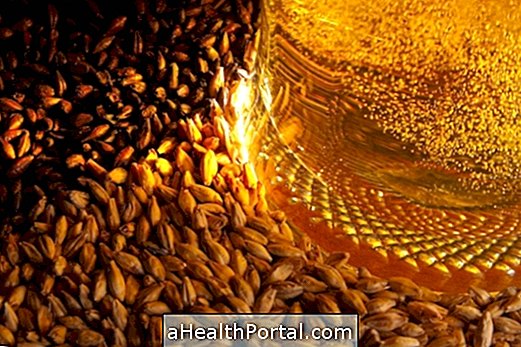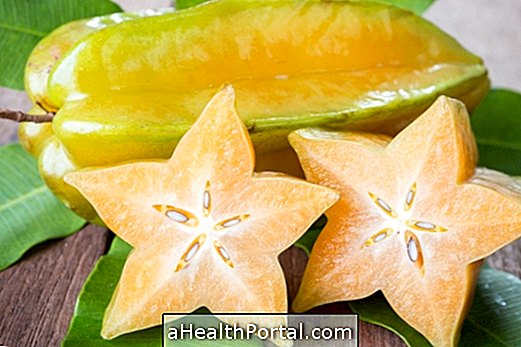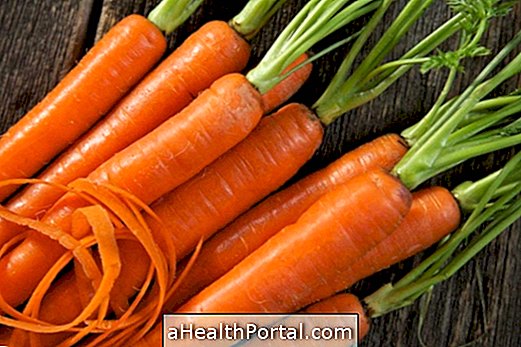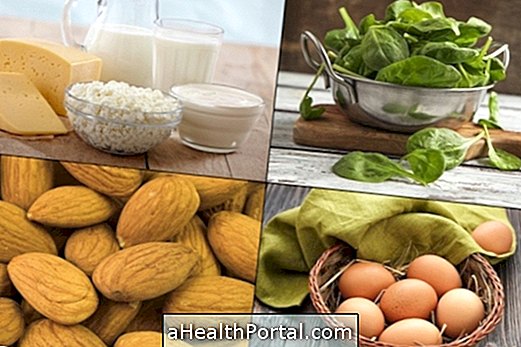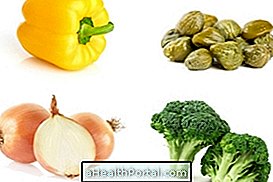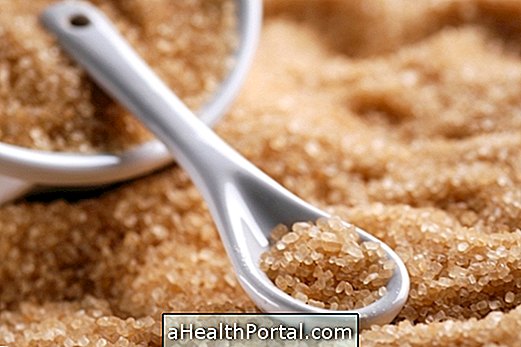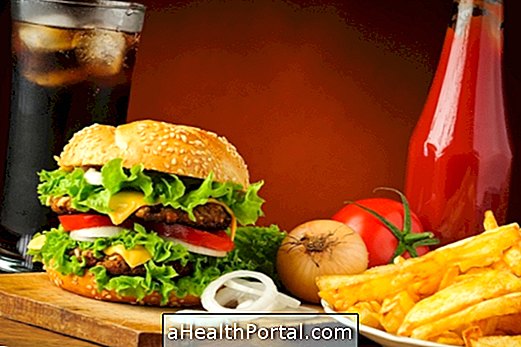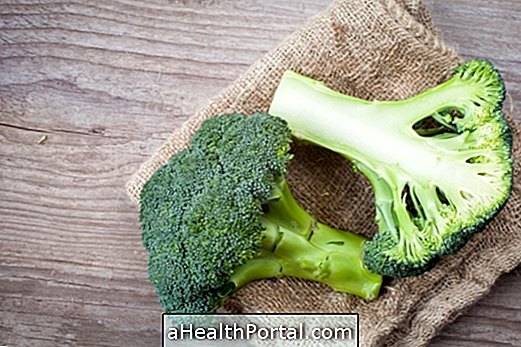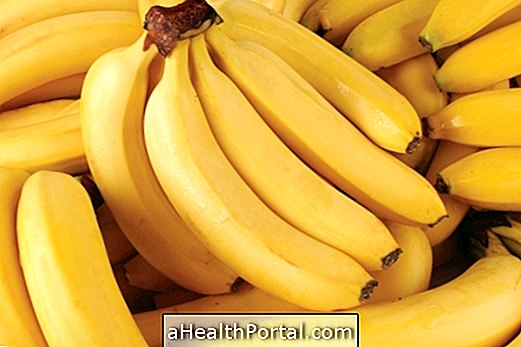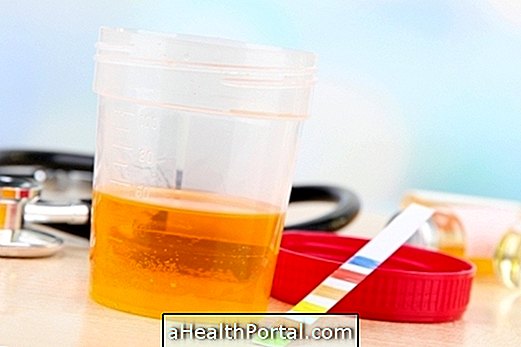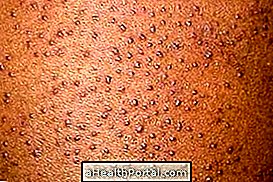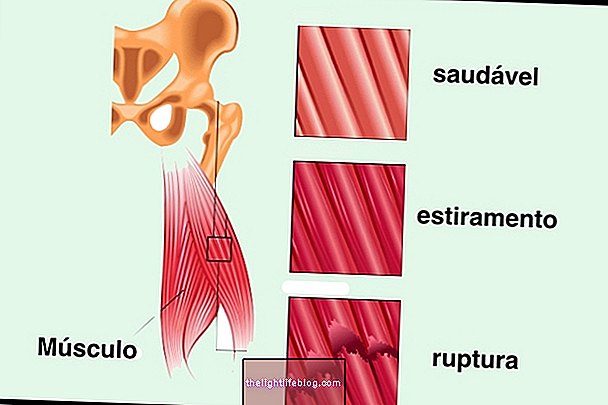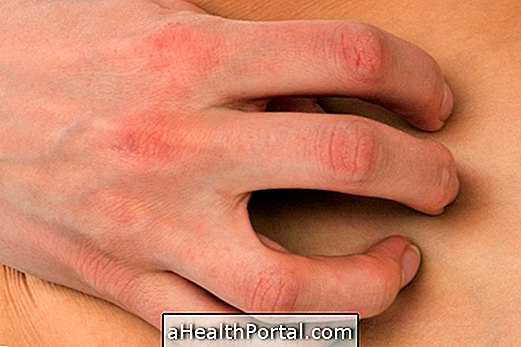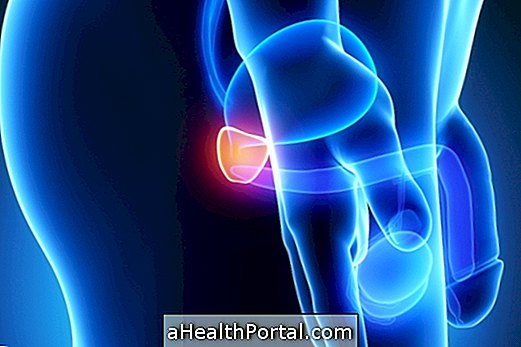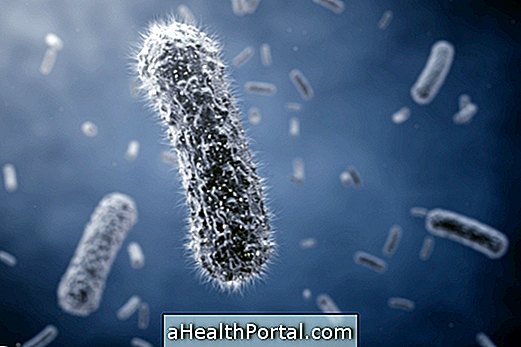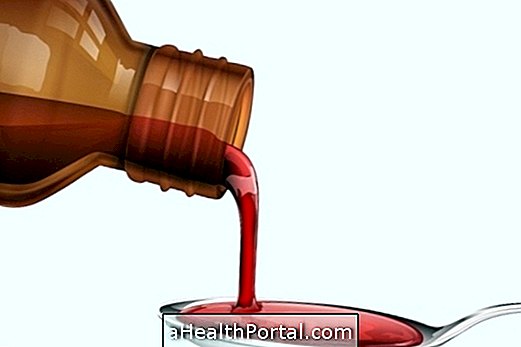Vitamin B2, which is also called riboflavin, is part of the B vitamins and can be found mainly in milk and its derivatives, such as cheeses and yogurts, as well as being present in foods such as liver, mushrooms, soy and egg .
This vitamin benefits the body such as stimulating blood production, maintaining proper metabolism, promoting growth and preventing problems in the nervous system and vision, such as cataracts. See other functions here.
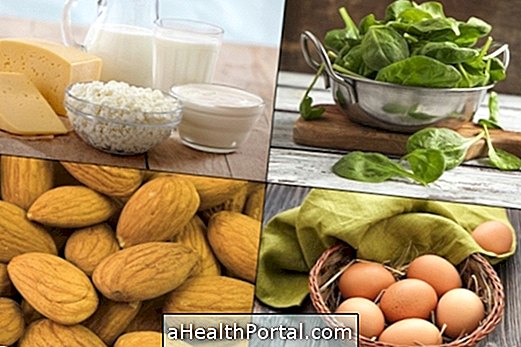
Amount of vitamin B2 in food
The following table shows the main food sources of vitamin B2 and the amount of this vitamin in every 100 g of food.
| Food (100g) | Amount of vitamin B2 | Energy |
| Boiled beef liver | 2.69 mg | 140 kcal |
| Whole milk | 0.24 mg | 260 kcal |
| Cheese mines frescal | 0.25 mg | 264 kcal |
| Natural yogurt | 0.22 mg | 51 kcal |
| Brewer's yeast | 4.3 mg | 345 kcal |
| Rolled oats | 0.1 mg | 366 kcal |
| Almonds | 1 mg | 640 kcal |
| Boiled egg | 0.3 mg | 157 kcal |
| Spinach | 0.13 mg | 67 kcal |
| Boiled pork tenderloin | 0.07 mg | 210 calories |
Thus, since there are several foods rich in vitamin B2 that are easily included in the diet, the deficiency of this vitamin usually is related to cases of anorexia or malnutrition, which are problems where the general intake of food is greatly reduced.
Recommended Daily Amount
The vitamin B2 recommendation for healthy adult men is 1.3 mg per day, while for women the amount should be 1.1 mg.
When consumed less or in the face of major health problems like surgeries and burns, a lack of vitamin B2 can cause complications like mouth sores, tired vision and decreased growth. See the symptoms of lack of vitamin B2 in the body.
